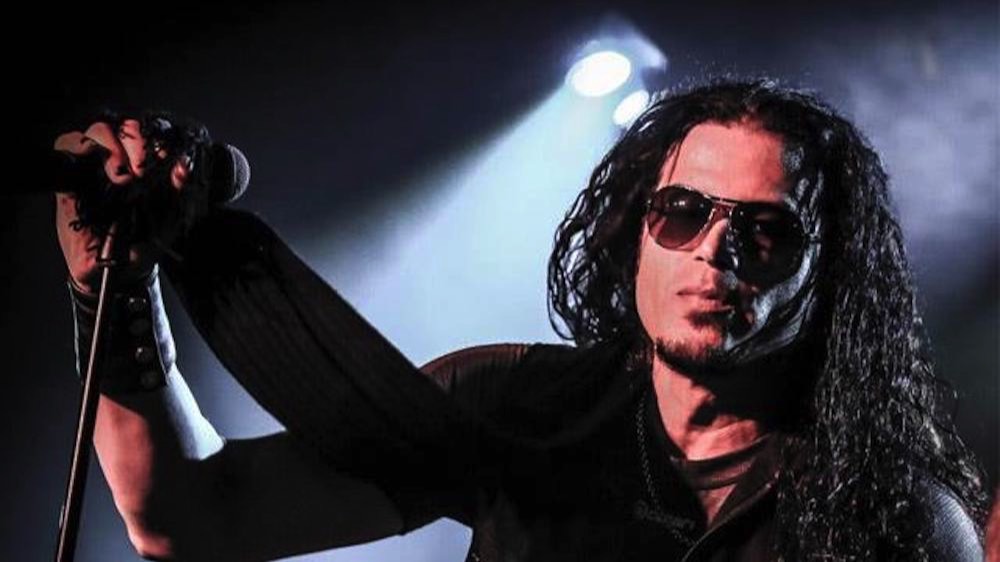Laulaja Jeff Scott Soto kommentoi työskentelyä Yngwie Malmsteenin kanssa: ”Et työskentele Yngwien kanssa, vaan Yngwielle”

Yhdysvaltalainen pitkän uran tehnyt laulaja Jeff Scott Soto (Sons Of Apollo) työskenteli ruotsalaisen kitaristi Ynwie Malsteenin kanssa. Miehen laulua voi kuulla Ynwie Malsteen’s Rising Forcen albumeilla ”Rising Force” ja ”Marching Out”. Soto kertoi That Metal Interview With James -lähetyksessä Yngwien kanssa vietetyistä vuosista. Häneltä kysyttiin, oliko kitarasankarin kanssa hankala työskennellä. Soton kertoman mukaan hän oppi sen, että hän ei työskennellyt Ynwien kanssa, vaan pikemminkin Yngwielle, ja totesi sen olleen yksi syy hänen poistumiseensa yhtyeen riveistä aikoinaan. Hän koki, että hommat pyörivät liikaa pelkästään Yngwien ympärillä:
”One thing I had to learn early on is you don’t really work with Yngwie; you work for Yngwie. And this is one of the reasons why I left early on. I’m so used to working with people — we craft, we build, we formulate together. And I realized I was joining a situation where the main focus was the guitar player — it was his career, it was his band, it was his vision. But I really thought his vision would start with getting the best people he can surround himself with and then we would grow together and we would build his vision together, and it would become our vision. That was my first mistake.
As we went along, I realized you don’t work with Yngwie; you work for Yngwie. And when I realized I really don’t wanna work for somebody, even back then when we were getting very little credit when we were not even getting paid the really tiny salary that we were promised, all of my delusions of grandeur just went right out the window. I just said, ’This is not for me. I don’t have respect…’ I’m not talking about just Yngwie; I’m talking about overall. There was no focus from the record company or management. There was no focus even from the fans — everything was Yngwie, Yngwie, Yngwie. And I’m, like, ’I’m putting the same effort as I put into any band that I would be in, and I am getting zero return from it.'”
Artikkeli jatkuu mainoksen jälkeenMainos päättyy
Laulajan mukaan hän tunsi myös itsensä ulkopuoliseksi ollessaan ainoa amerikkalainen yhtyeessä, ja kaipasi enemmän yhteishenkeä:
”I wanted something where I can get out of it what I’m putting into it, and that’s the main reason why I left him. It had nothing to do with like I didn’t like the music or we had a fight. It just basically came down to, I missed being in a band, I missed sharing everything — even in the fact that I was the only American in the band. You get off stage and you normally get backstage, you’re sweaty and you’re laughing about what happened in the show — ’Hey, did you see that girl when she lifted her top?’ — all that kind of stuff that you’re used to. But with his band, we’d get off stage and the four of them start speaking in Swedish and I felt left out. ’Man, can we talk in English just so I can understand the conversation?'”
Voit kuunnella koko haastattelun tästä:


